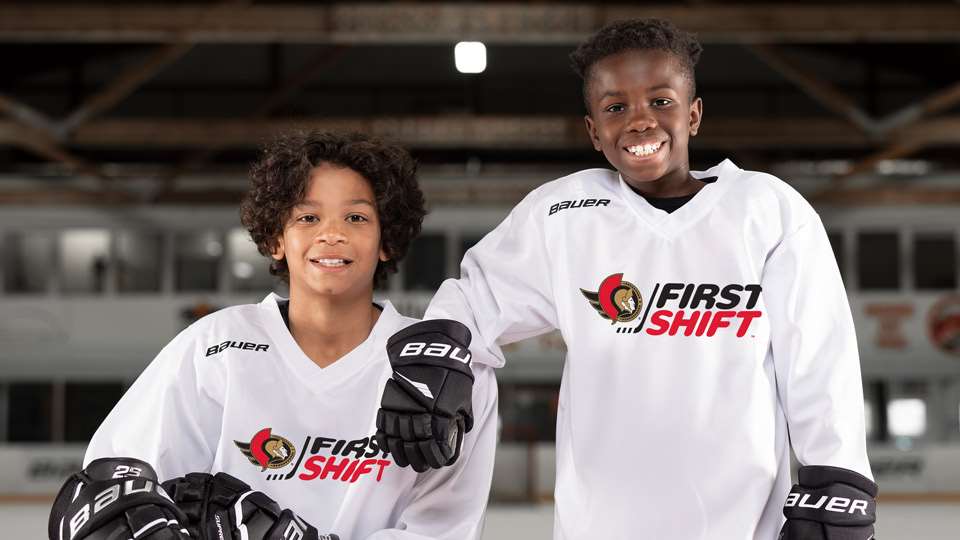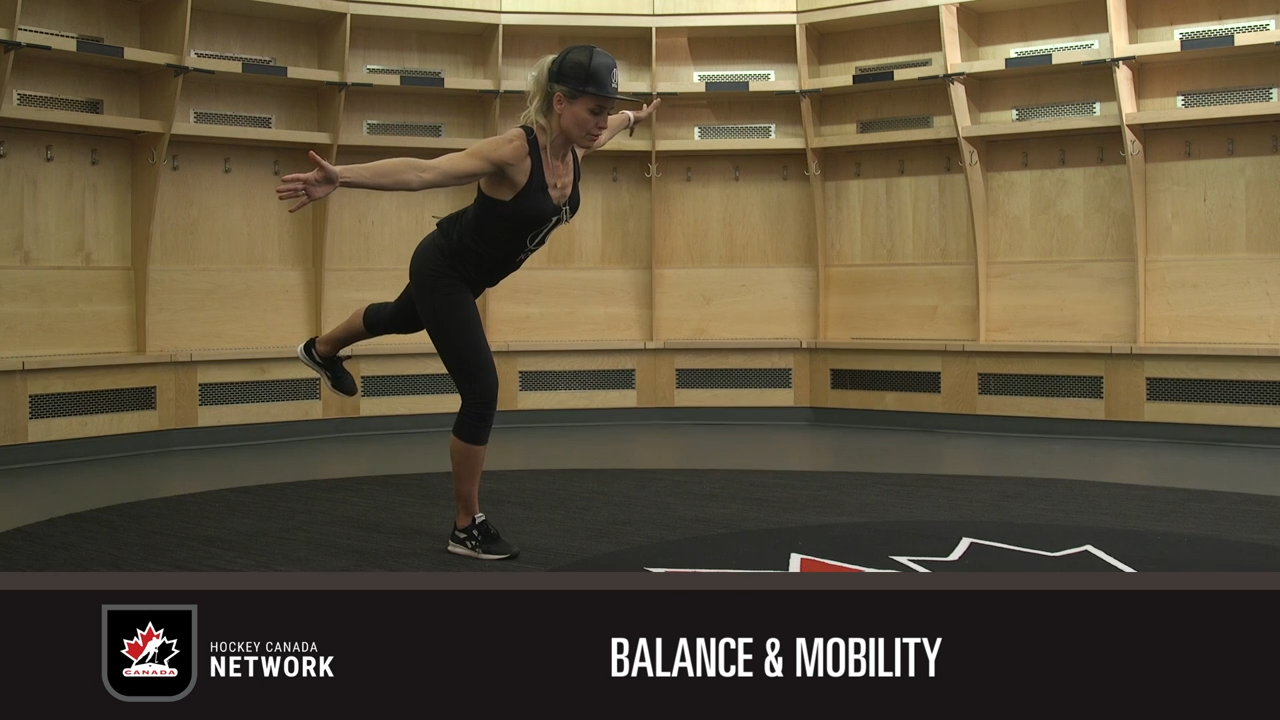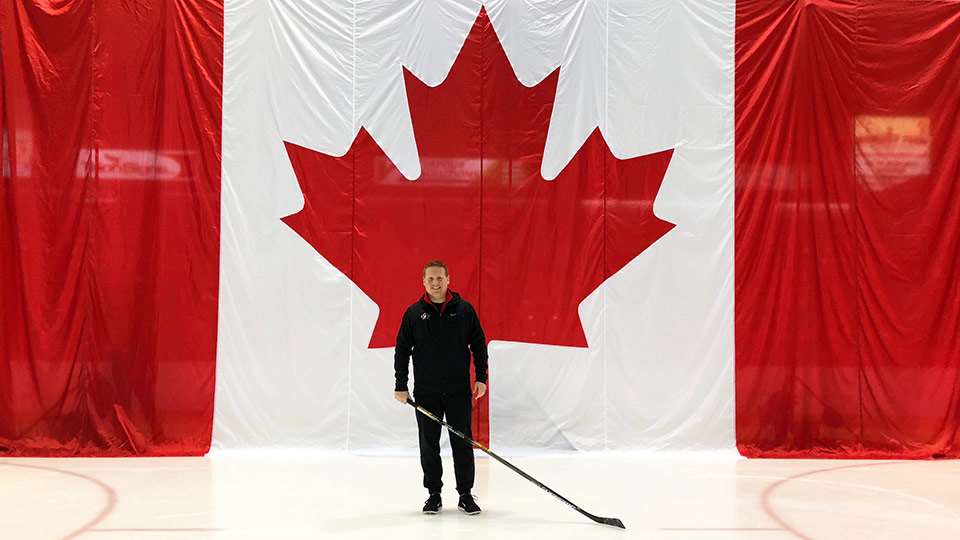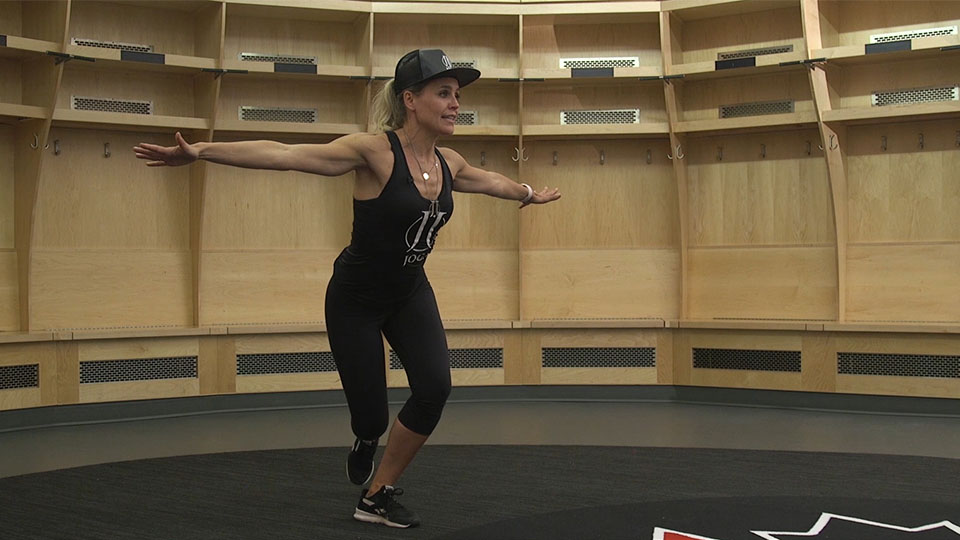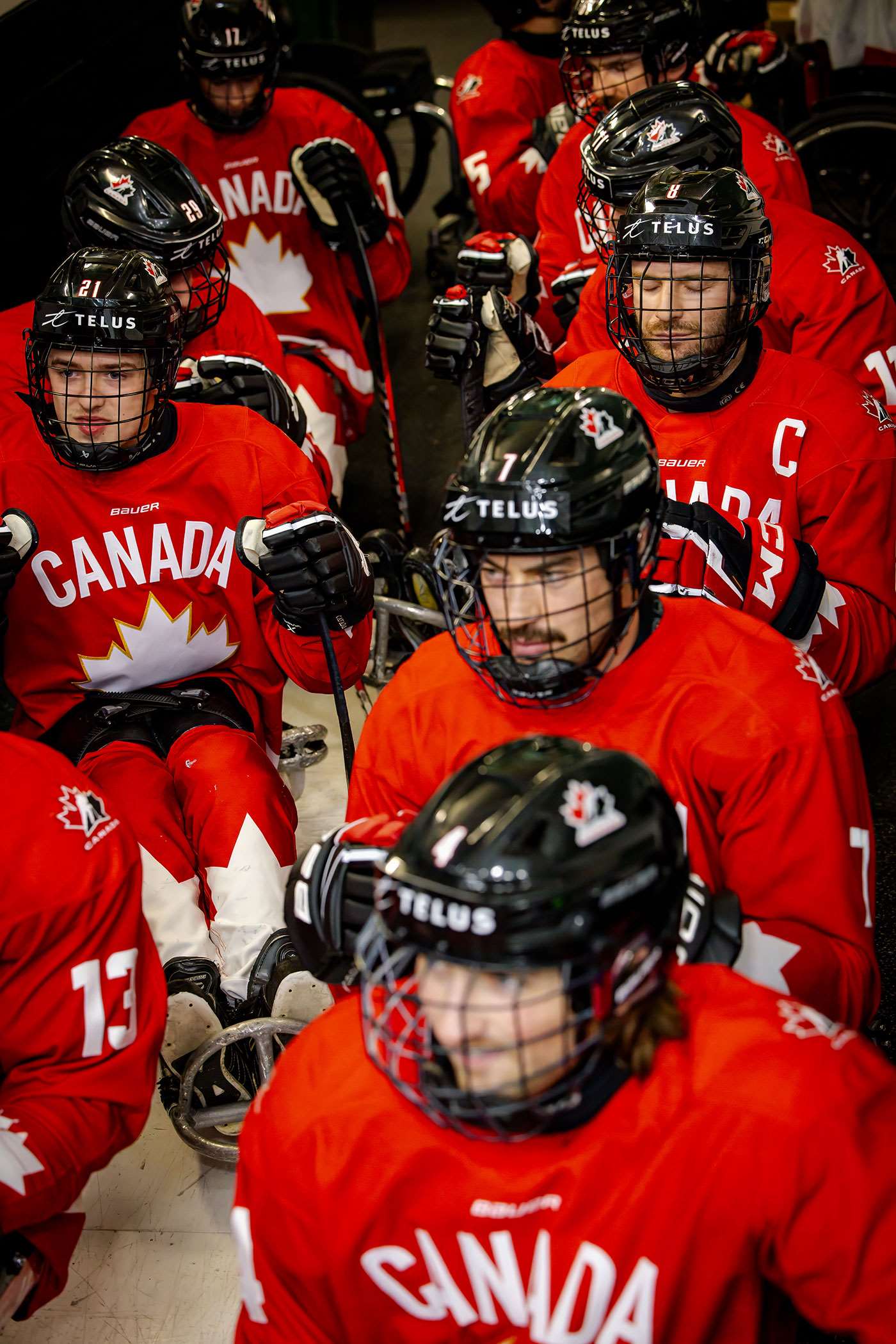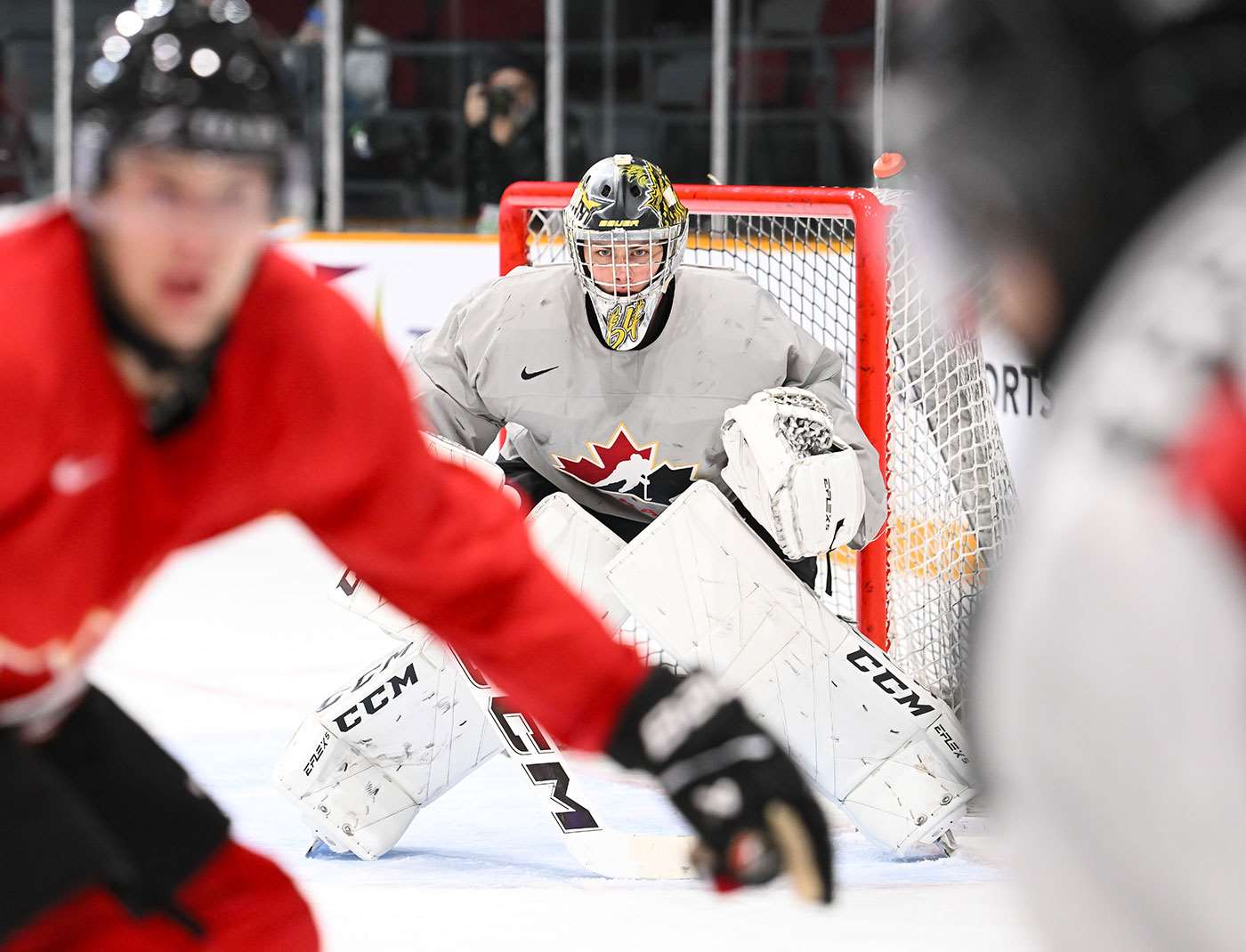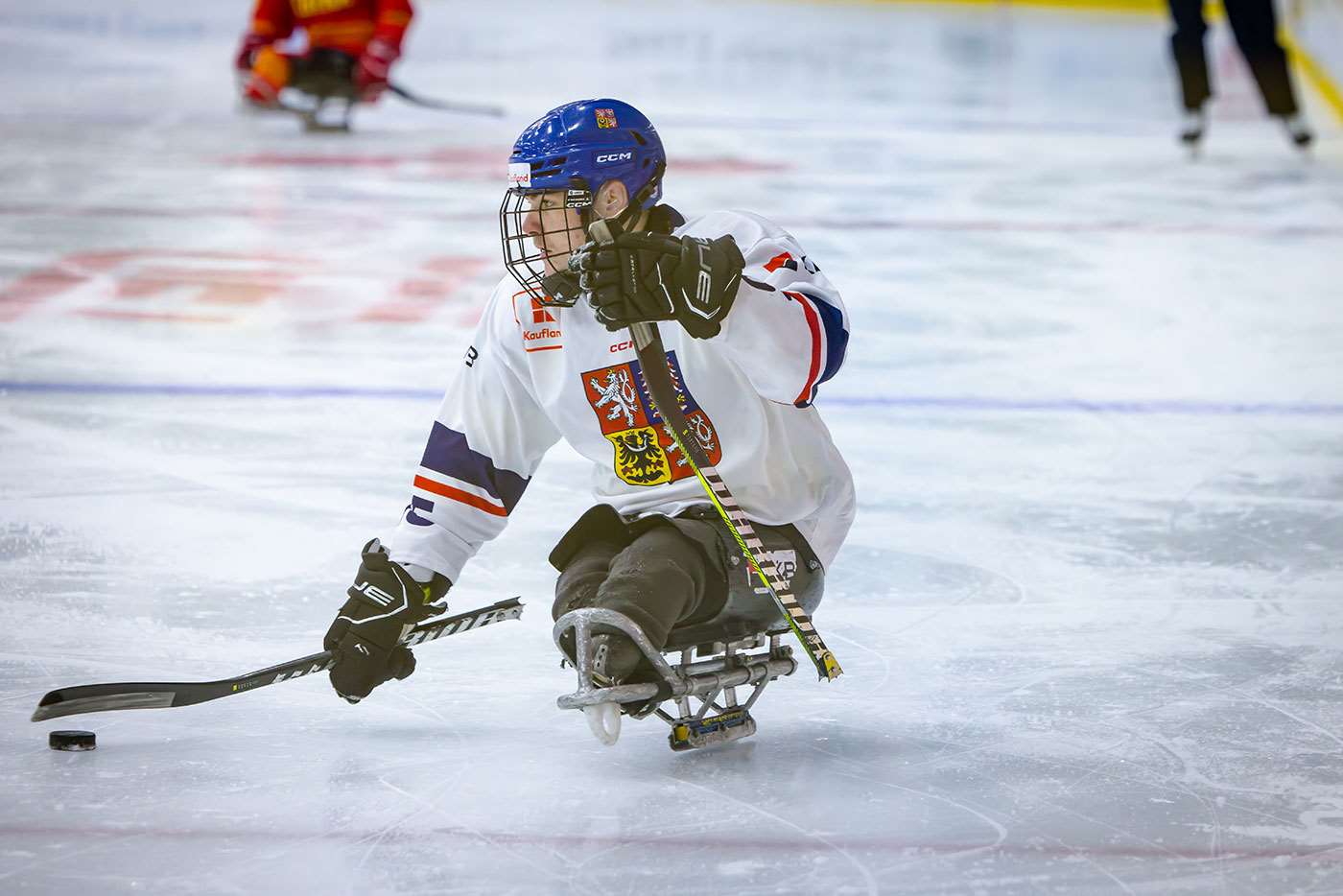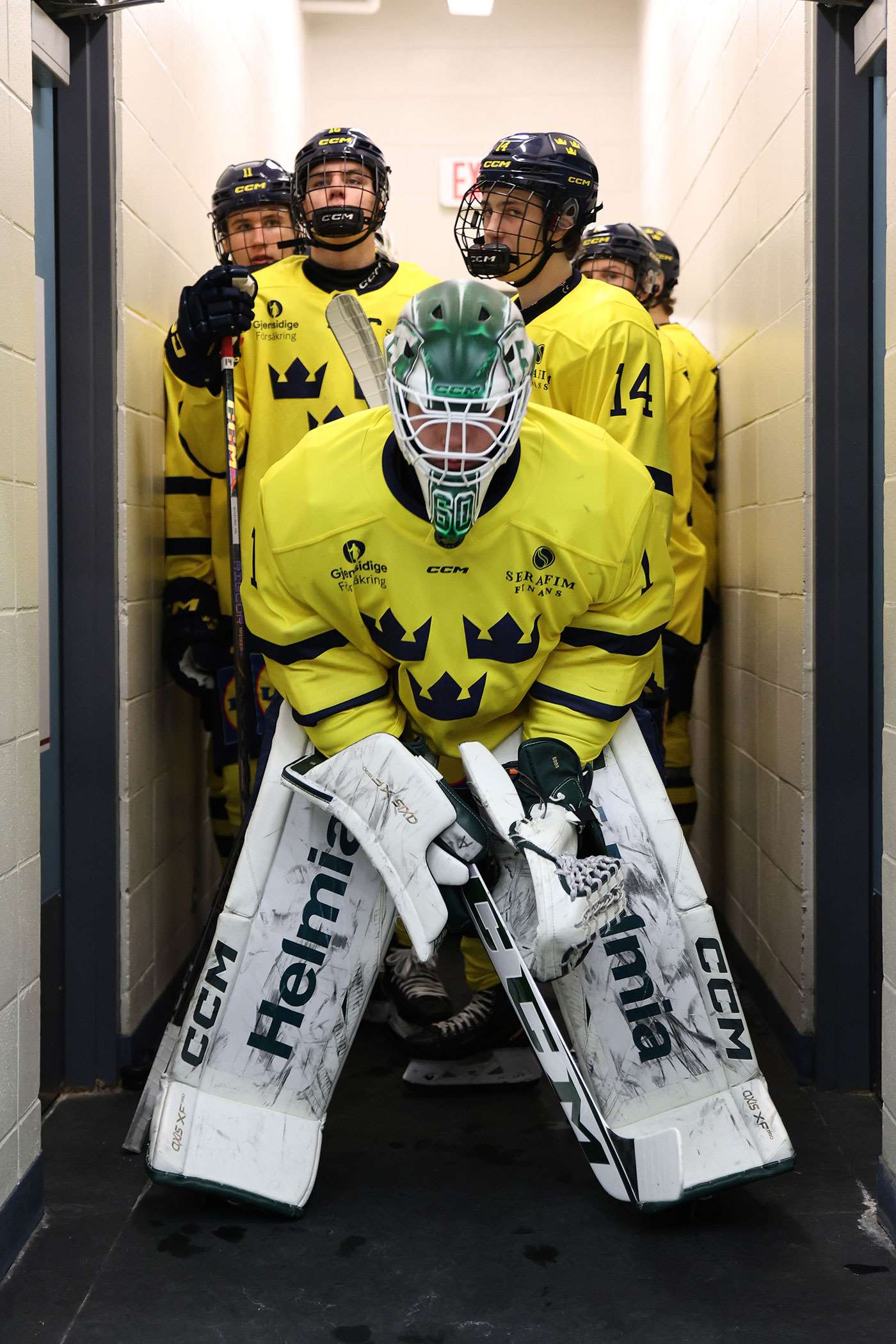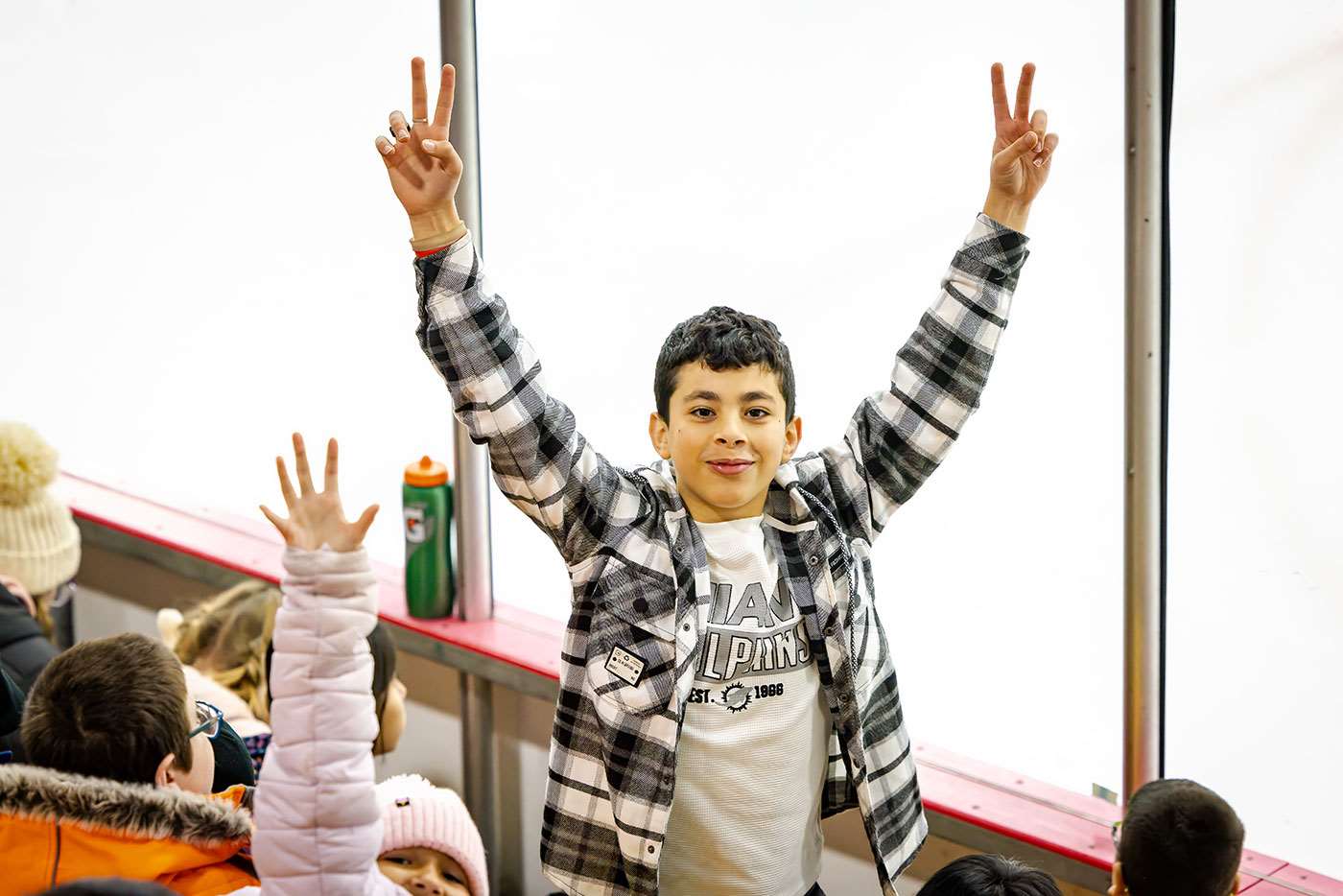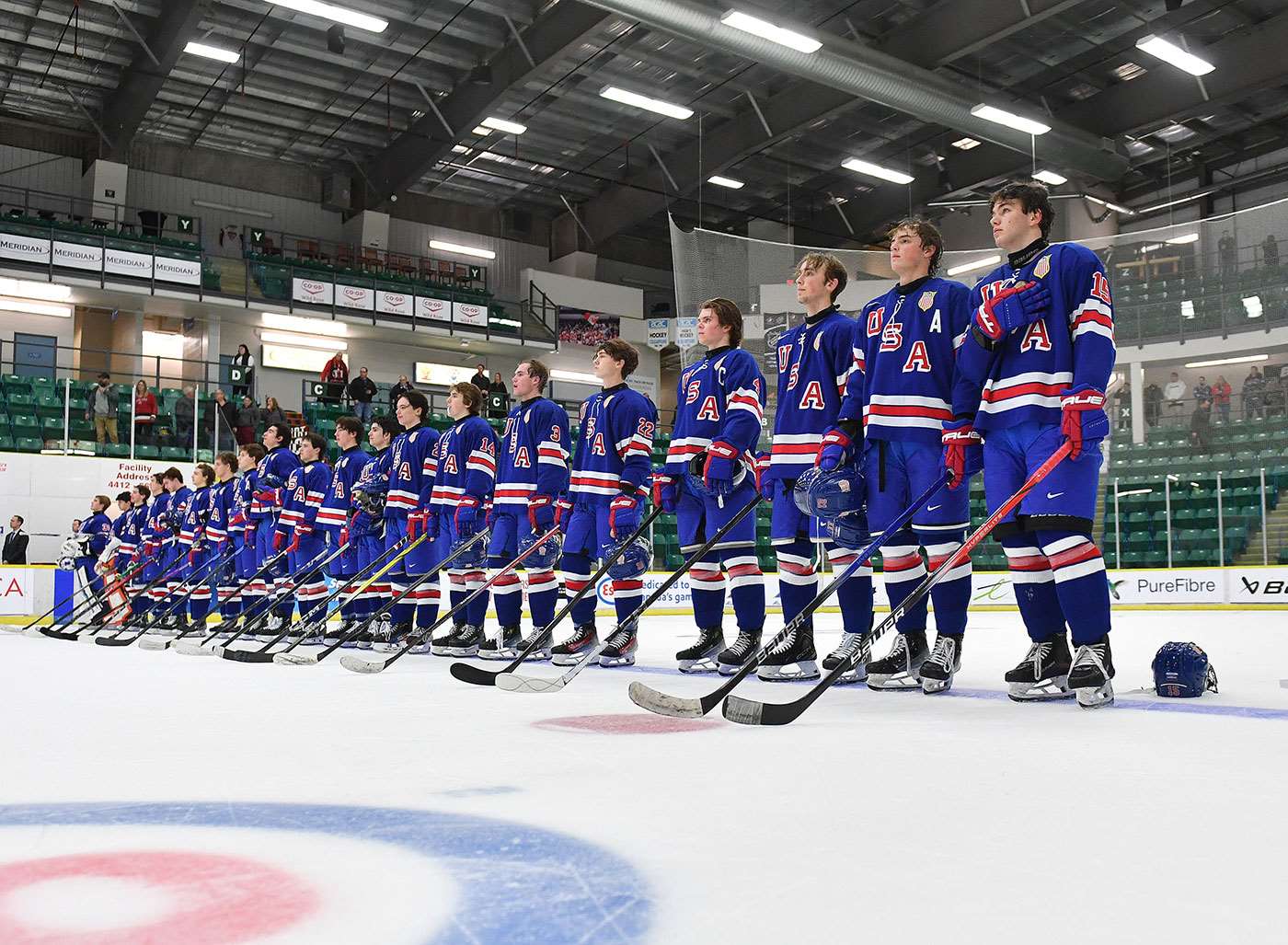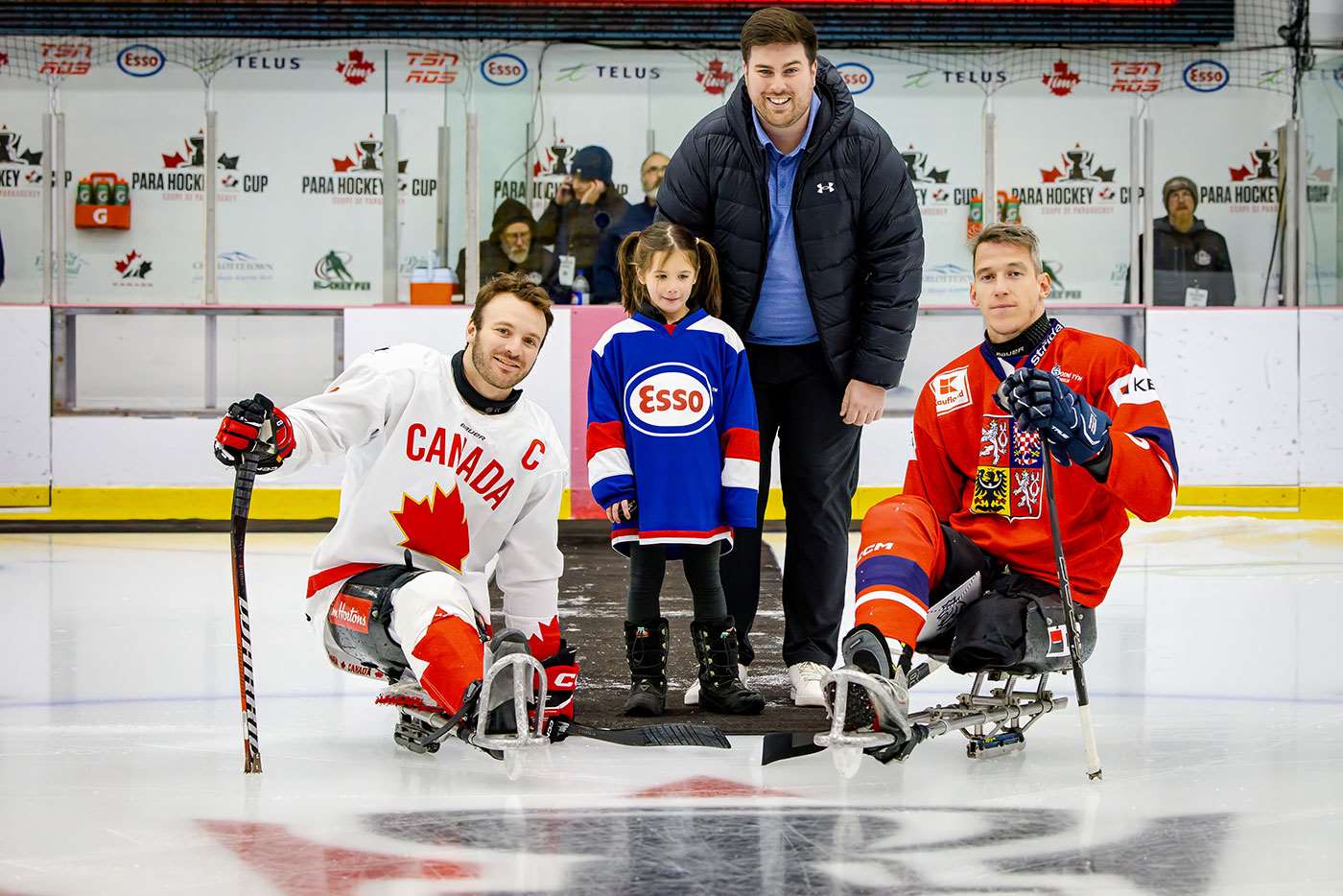
Schedule
Team Canada (Men)
IIHF World Junior Championship | Dec. 26, 2024-Jan. 5, 2025
Spengler Cup | Dec. 26-31, 2024
4 Nations Face-Off | Feb 12-20, 2025
IIHF U18 World Championship | April 23-May 3, 2025
IIHF World Championship | May 9-25, 2025
U17 World Challenge | Nov. 3-9, 2024
Hlinka Gretzky Cup | Aug. 5-10, 2024
Junior A World Challenge | Dec. 9-15, 2024
National Junior Team vs. USPORTS | Dec 12-13, 2024
Search
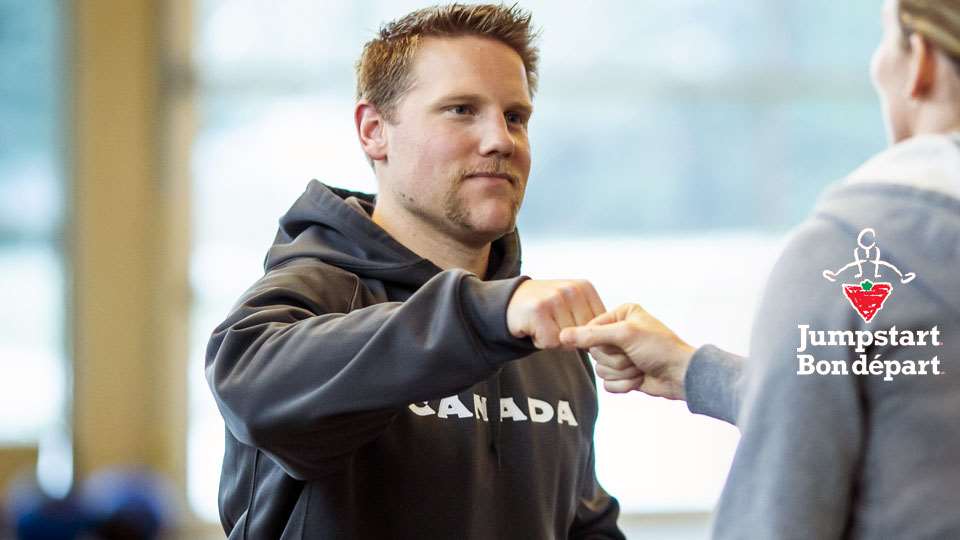
Active with Adam, presented by Jumpstart – Mental Performance
Hockey Canada’s lead strength and conditioning coach shares tips and tricks to help players stay active at home and start preparations for next season

While the 2019-20 hockey season was forced to an early end due to the COVID-19 pandemic, there is no reason why the focus cannot begin to shift to next season.
One positive of social distancing is the opportunity for players of all ages and abilities to focus on improving away from the rink.
Off-ice training is just as important for hockey development as being on the ice. It allows for athletes to focus on other ways to enhance their on-ice skills.
Let’s break down the ways to improve at home to make sure players are ready to lace up the skates in the fall.
PART 1: SPEED | PART 2: POWER | PART 3: STRENGTH | PART 4: FLEXIBILITY | PART 5: CONDITIONING | PART 6: NUTRITION | PART 7: SKILL DEVELOPMENT | PART 8: MULTI-SPORT
PART 9: MENTAL PERFORMANCE
This week, it’s about “motivation in a time of uncertainty” with Ryan Hamilton, a successful mental performance coach who has worked with the NHL’s Tampa Bay Lightning and has been part of the Team Canada staff at the last three IIHF World Junior Championships.
--
I am not winning the pandemic. Yes, some days motivation comes easy and I have gone for a run, completed hours of work and had a healthy meal before noon. On other days, I have hit snooze on my phone 10 times, watched Netflix mindlessly and blankly stared out the window before even giving a thought to doing much you would deem productive.
This article is about strategies to address a very real and normal reaction to what we are going through, not some “expert” saying motivation is easy if your head is in the right place. It is not. But with some of the strategies presented below in mind we can still find opportunities in our constraints, we can find a resiliency in this adversity, and we can realize that although many things are different the things that matter the most in this game and in our lives still matter the most.
UNCERTAINTY
Certainty is the breeding ground for action and well-being. If we know something is certain we can easily make it happen. If you had a definite date for when you were to resume play, daily training would be much easier. If training two hours per day was certain to make all your hockey dreams come true, you'd find a way to get it done.
Uncertainty is the breeding ground for indecision, poor decisions and excuse. Yet, no matter what situation we may find ourselves, certain or uncertain, the things that matter the most seem to always matter the most. The point of this message is to possibly provide you with a bit of guidance to help navigate those struggles effectively. Rather than focus on the questions, rely on the answers. Rather than wonder what might happen in the future, know what is possible today. The bedrock of all elite performance is preparation, a willingness to grow and a resounding commitment to your goals.
PHYSICAL ACTIVITY
Obviously, being active is a part of your daily life as an athlete. What you may not realize (because you are always engaged with it) is the role that being active has on your psychological well-being. With the various restrictions that have been added to our lives, working out or training may look like something less than ideal. But just because things aren't optimal doesn't mean they aren't worth doing.
With creativity and commitment, we can find a way to approximate our best training conditions. We can find a way when others might find an excuse. It is not just about getting a workout in; it is also about immersing yourself in it and enjoying it. It is about seeking out accomplishments even when times are uncertain. Take joy in continuing to push your body, to push your mind, to push your boundaries.
We will return to play eventually. You will walk into a hockey school or a training camp. You will show up at the rink for your first game of a new season. Those days are coming. You will not regret any of the positive work you are doing now when they do. Stay fit, stay well and make the most of your situation.
MOTIVATION TIPS
1. Write It Down: Keep track of something you want to increase in your life and log it every single day. This could be something as simple as push-ups per day or kilometres biked.
2. Goals: Set a weekly or monthly goal of something you want to do (minutes working on shot, time spent on mobility exercises, number of kilometres run). Attach a small reward to achieving that goal.
3. Priorities: Make the things you want to do each day depend on the things you need to do. Do the difficult things early.
4. Joy, Not Dread: Pair the “work” you need to do with something you enjoy (a new playlist played a little extra loud, run in your favourite park instead of just grinding it our in your neighborhood).
5. Pull Others In: Workout with someone else – even virtually. Keep each other accountable. Celebrate success.
6. Post It: Post your weekly training plan in a place for everyone to see and encourage you.
7. Perspective: Think about the things in your schedule in terms of why you want to get them done versus why you have to get them done. ‘Have to’ thinking creates anxiety, ‘want to’ thinking reminds you of your passions.
8. Serve Your Values: Try to choose three small things every day that will work in service of things you value. For example – one that gives you a sense of achievement, one that makes you feel healthy and one that makes you feel connected to others. Even if you don’t manage much else, you can feel good knowing you did these three things.
For more information: |
- <
- >

















